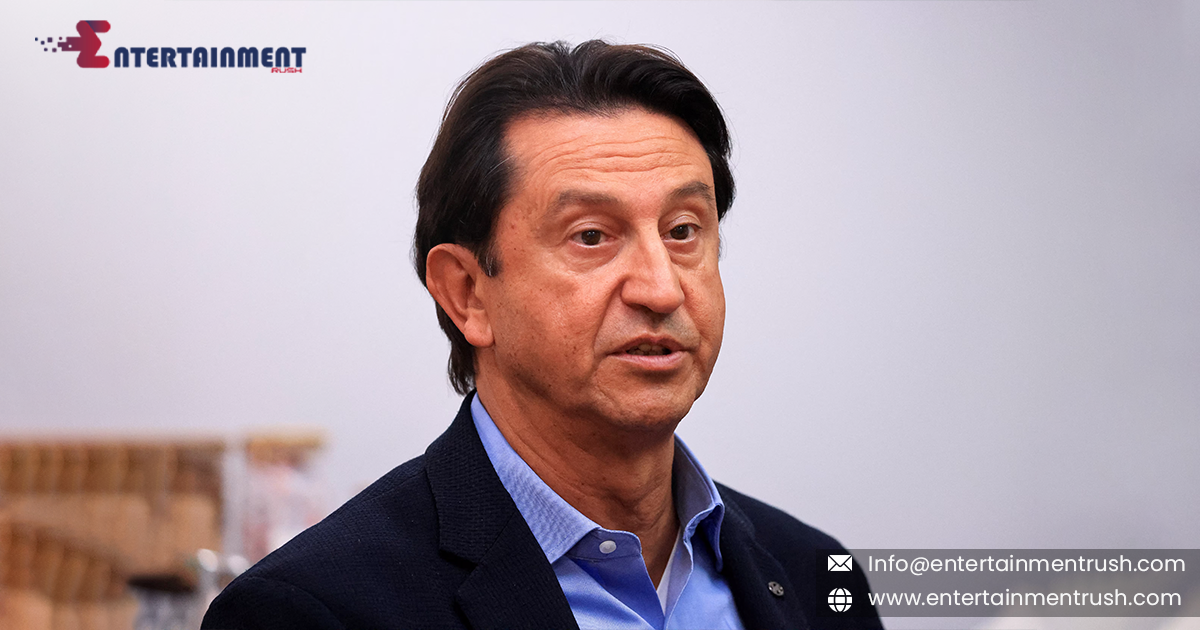In a strategic move reflecting both opportunity and caution, Hyundai Motor Company has promoted its U.S. chief to the role of co-CEO. This leadership shift comes as the automaker prepares for potential policy changes and economic challenges that could arise under a new Trump administration, signaling the company’s commitment to bolstering its position in a critical market.
Hyundai’s decision to elevate its U.S. chief to co-CEO underscores the importance of the North American market in its global strategy. With the United States being one of Hyundai’s largest markets, the company is placing a stronger emphasis on leadership with deep local expertise. By leveraging the insights of its U.S. executive at the highest levels of decision-making, Hyundai aims to navigate the unique challenges posed by the American political and economic landscape.
This move also reflects Hyundai’s recognition of the dynamic nature of the automotive market, where understanding regional trends and regulations is critical for success. The promotion allows the company to align its global strategy more closely with U.S. market demands, including evolving consumer preferences, shifting supply chain dynamics, and the rapid adoption of electric vehicles (EVs).
The Trump administration’s return could bring a renewed focus on policies such as tariff impositions, changes to trade agreements, and regulations that might affect the automotive industry. Hyundai’s leadership adjustment indicates proactive planning to address these potential hurdles. The administration’s “America First” rhetoric previously encouraged manufacturing on U.S. soil, potentially altering cost structures for foreign automakers like Hyundai.
The company has already invested heavily in the U.S., including its state-of-the-art manufacturing facilities in Alabama and its ambitious EV production plans. The appointment of a U.S.-centric co-CEO signals Hyundai’s readiness to reinforce its commitment to local production, ensuring compliance with any policy shifts while maintaining competitiveness in the market.
Hyundai is no stranger to innovation. In recent years, it has doubled down on its transition to EVs, smart mobility solutions, and cutting-edge technologies like hydrogen fuel cells. The promotion of a leader familiar with the U.S. market comes as Hyundai accelerates its EV strategy in North America, driven by incentives from the Inflation Reduction Act and rising consumer demand for greener vehicles.
The co-CEO’s expertise will be instrumental in guiding Hyundai through a period of technological transformation while addressing policy uncertainties. The company’s ability to pivot quickly and adapt to regulatory and economic shifts will determine its success in maintaining its foothold in the highly competitive U.S. market.
In addition to policy and consumer trends, Hyundai faces the challenge of navigating supply chain disruptions that have plagued the global automotive industry. The U.S. market’s complexities demand a hands-on approach to building partnerships, securing critical resources like semiconductors, and meeting the growing demand for EV batteries.
The promotion of a U.S.-focused executive to co-CEO could signal a greater emphasis on fostering local partnerships and enhancing supply chain resilience. Strengthened ties with domestic suppliers and stakeholders may also help Hyundai weather any protectionist policies or trade barriers introduced under a Trump administration.
Hyundai’s leadership change serves as a message to competitors. By integrating regional expertise into its global decision-making, Hyundai is positioning itself not just to survive but thrive in an evolving marketplace. The move highlights the company’s awareness of the high stakes in the U.S. automotive sector, where agility and local knowledge are key to maintaining relevance.
As Hyundai Motor Company braces for the potential challenges of a new Trump administration, the promotion of its U.S. chief to co-CEO reflects foresight and adaptability. This strategic shift highlights Hyundai’s focus on strengthening its position in the American market, leveraging local expertise to navigate policy changes, foster innovation, and build resilience in uncertain times.
By placing a leader with deep understanding of the U.S. market at the helm, Hyundai signals its determination to meet the demands of a new era in global and American automotive industries head-on.





Leave feedback about this